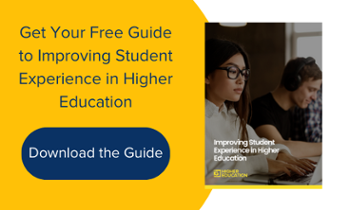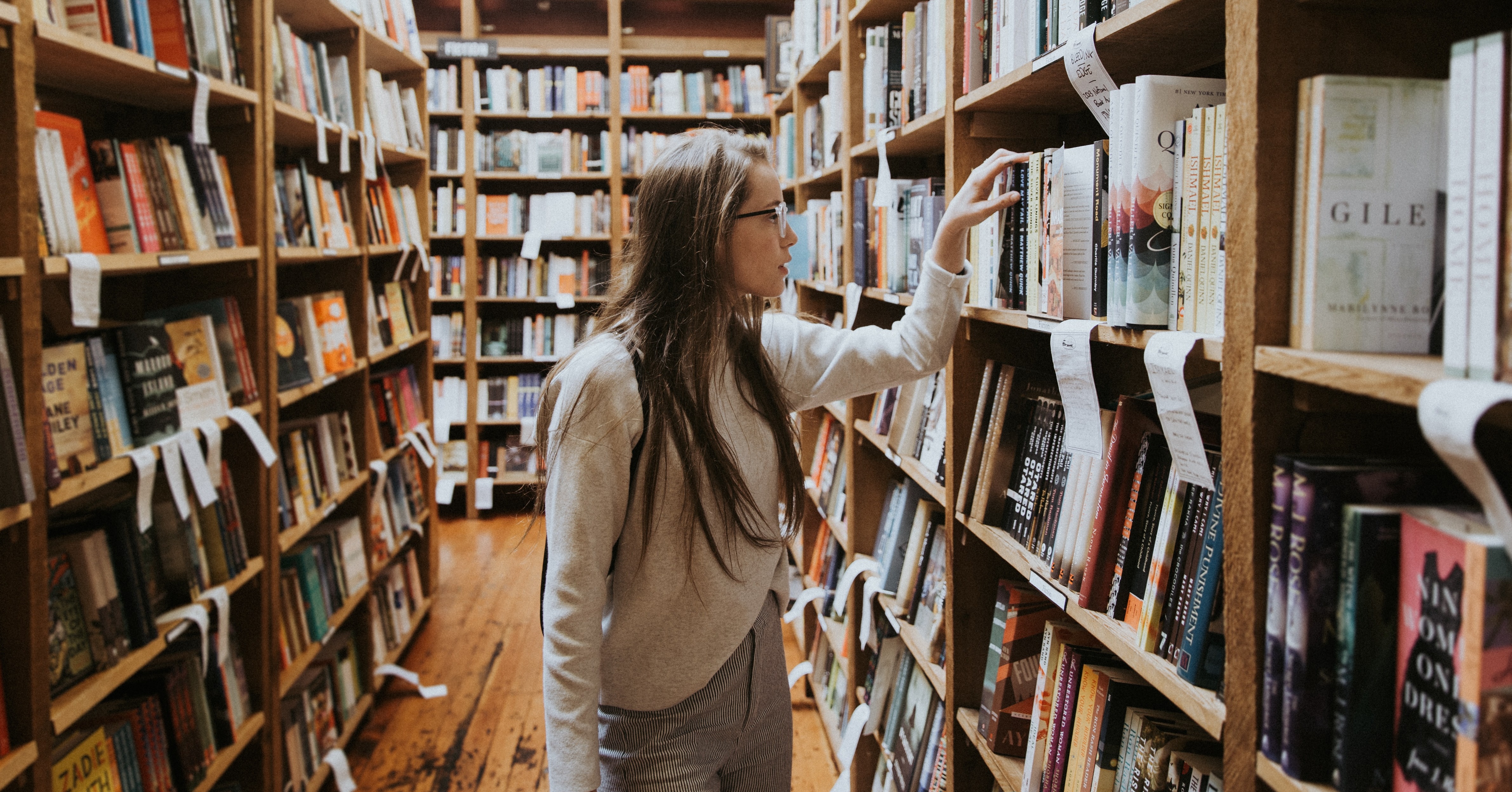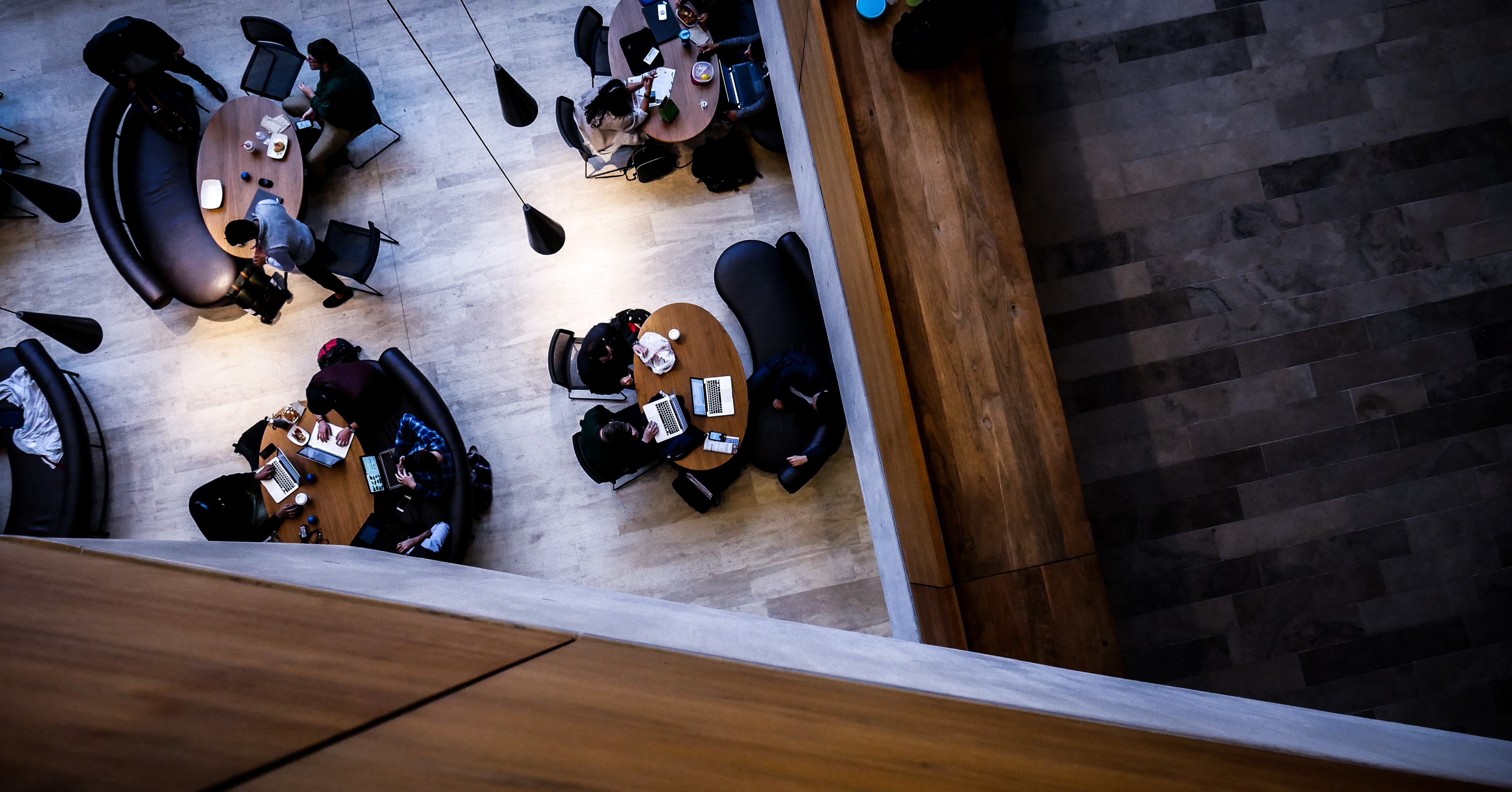Engaging Students as Stakeholders
By Professor Sarah Purdy, Pro Vice-Chancellor (Student Experience), University of Bristol
The University of Bristol recently launched the Student Experience Programme – an ambitious initiative putting students firmly in the driving seat in terms of shaping and enhancing the student experience across our University.
When we launched the Programme, we began with the principle that students themselves are best placed to tell us what’s important to them, what works and where there’s room for improvement.
Like many institutions, our 27,500 strong student population is comprised of individuals from all walks of life, including international students, mature students and students from a widening participation background.
To ensure every learner receives a positive, inclusive, engaged and rounded educational experience, we invited students from a wide range of backgrounds to examine the many different stages of the university journey and share their own perspectives of their experience to date.
The aim of this student journey mapping exercise was to help give us a detailed picture of student life at Bristol through as many different lenses as possible.
What our students told us
Our students identified several common themes and key areas where improvements could enhance their experience. These themes may resonate with other institutions.
These included challenges associated with securing accommodation (both at the University and in the private sector); student and staff communications; pre-arrival preparation; wellbeing and international student support.
Students also told us they wanted the University to extend access to the early help available during arrival week and that support with study skills, wellbeing and community-building should be signposted throughout the year.
Elsewhere, the high volume of communications from different parts of the University was a common theme and there was a clear preference for reduced and more consistent engagement. International students, who often face the biggest adjustments to university life, told us they needed more bespoke support to help navigate the many practical challenges associated with arriving to study in a new country, and in helping them to feel at home in very different surroundings.
Overall, there was a clear message that consistency of service and experience is a pre-requisite for meeting student expectations.
Our next steps
A key outcome of the Student Experience Programme has been identifying the areas of change we can address immediately, or in the near future. Our immediate response has seen us re-examining the accommodation application process; our approach to student communications and the online provision of community-building for international students.
We’re also responding to the feedback we received in relation to online wellbeing services and the work that goes on behind the scenes in providing this support; as well as finding ways to further enable student-led community activities in halls of residence.
Of course, Bristol has not been immune to the COVID-19 pandemic and recent weeks have seen an enormous institution-wide effort focused on supporting our students through these unprecedented times. The Student Experience Programme, however, continues to develop solutions aimed at addressing the challenges identified by our student engagement activities. Indeed, COVID-19 has made these workstreams more important than ever.
As we transition to a ‘new normal’ over the coming months and years, I’m committed to ensuring the student voice is at the centre of the University’s decision-making. Our priorities as a university must be shaped by the needs of our diverse student population and what they tell us is important to them.




